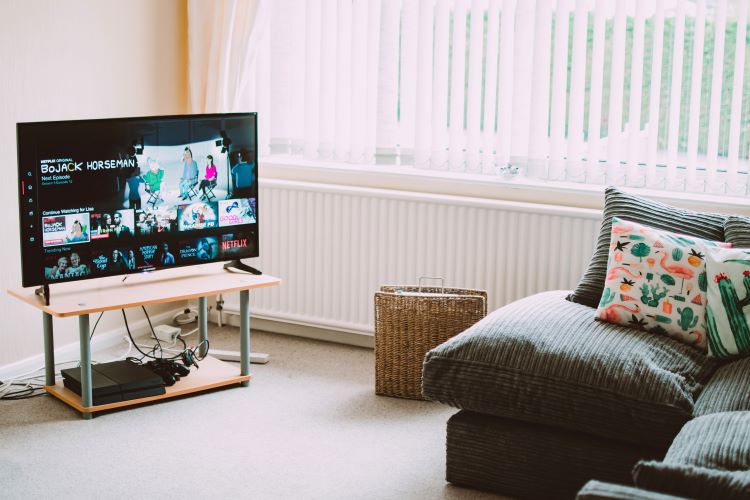One of the key buzzwords that have entered the public purview as the coronavirus has spread around the globe is social distancing. This process has separated us from friends and even family members. Social gatherings around movies, concerts, restaurants, and bars have evaporated before our eyes. The crackdown by governments around the globe has led to a rise in demand for streaming services where consumers can watch TV series, old movies, and even new releases. The strong demand for these services during these stressful times has created the haves and the have nots. While Netflix and Amazon have outperformed, Disney and ViacomCBS have underperformed.
Multiple Choices for Streaming Services
Nearly all of these streaming services provide a trial period. Most of them allow you to test drive their product for a month (30-days). There is one new service that is expected to launch in early April called Quibi, which is advertising they will be providing a 90-day free trial.
Many consumers do not like the idea of providing a company with a credit card when they sign up for a trial. Fortunately, there are a growing number of streaming services that are just free. Unfortunately, the way these companies recoup their free trial is through advertisements that somewhat impact how you view the product.

The services that require that you provide them with a credit card, will automatically start billing you once the trial is complete. During tough times, the last thing a consumer wants is to pay for a service that they never would have signed up for unless they were stuck at home with the family for weeks if not months.
To help with social distancing but still provide a social experience, Netflix has developed a new product called Netflix Party. This is a browser extension, that lets you watch movies in sync with friends and relatives who are also stuck in their homes practicing social distancing. This product offers a chat window that allows you to text back and forth while watching the video.
Unfortunately, Disney has not been able to benefit globally from its rollout of Disney+. Disney Plus delayed its launch in France until April 7 because European officials were concerned about potential conflicts with internet traffic linked to the rollout.
Disney Plus has launched elsewhere in Western Europe including the UK, Ireland, Spain, Germany, Italy, and Switzerland in late March.
How Have the Stocks Performed?
As the broader markets melted down, some of these streaming services outperformed, while others under performed. The S&P 500 index, the benchmark for US equities declined 35% from its peak. This compares to the out performers Netflix shares which dropped by 26% and Amazon (which provides Amazon Prime Video), dropped 26%. The under performers where Disney dropped 48%, and ViacomCBS which dropped a whopping 74%. Netflix and Amazon have recaptured at least 50% of their losses while Disney and Viacom have barely recovered.
The Bottom Line
There appears to be a clear delineation between the companies that are benefiting from additional streaming demand due to the coronavirus and those that have not. While Netflix and Amazon have set themselves apart, Disney+ has been slow out of the gate. CBS, which owns Showtime, has several good series, but it does not have the number of shows that Netflix and Amazon provide and does not appear to cater to children. Disney+ has a slew of shows that cater to children but does not have adult-oriented content.



